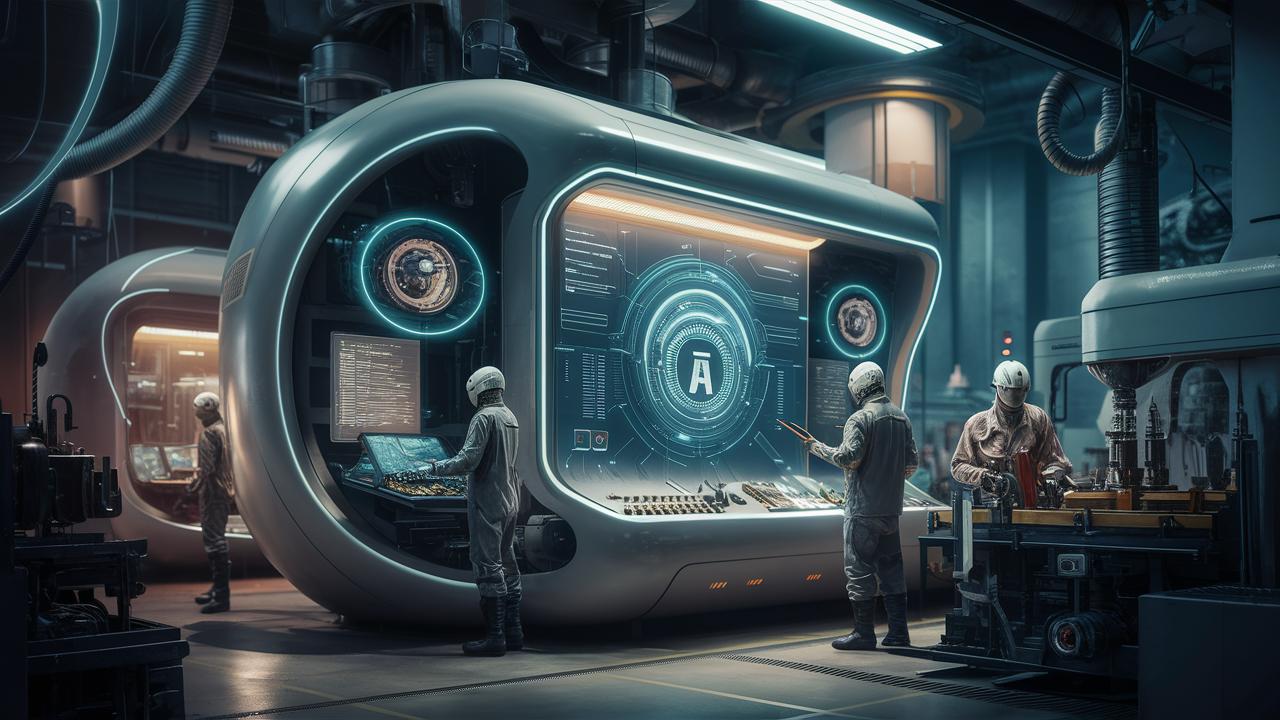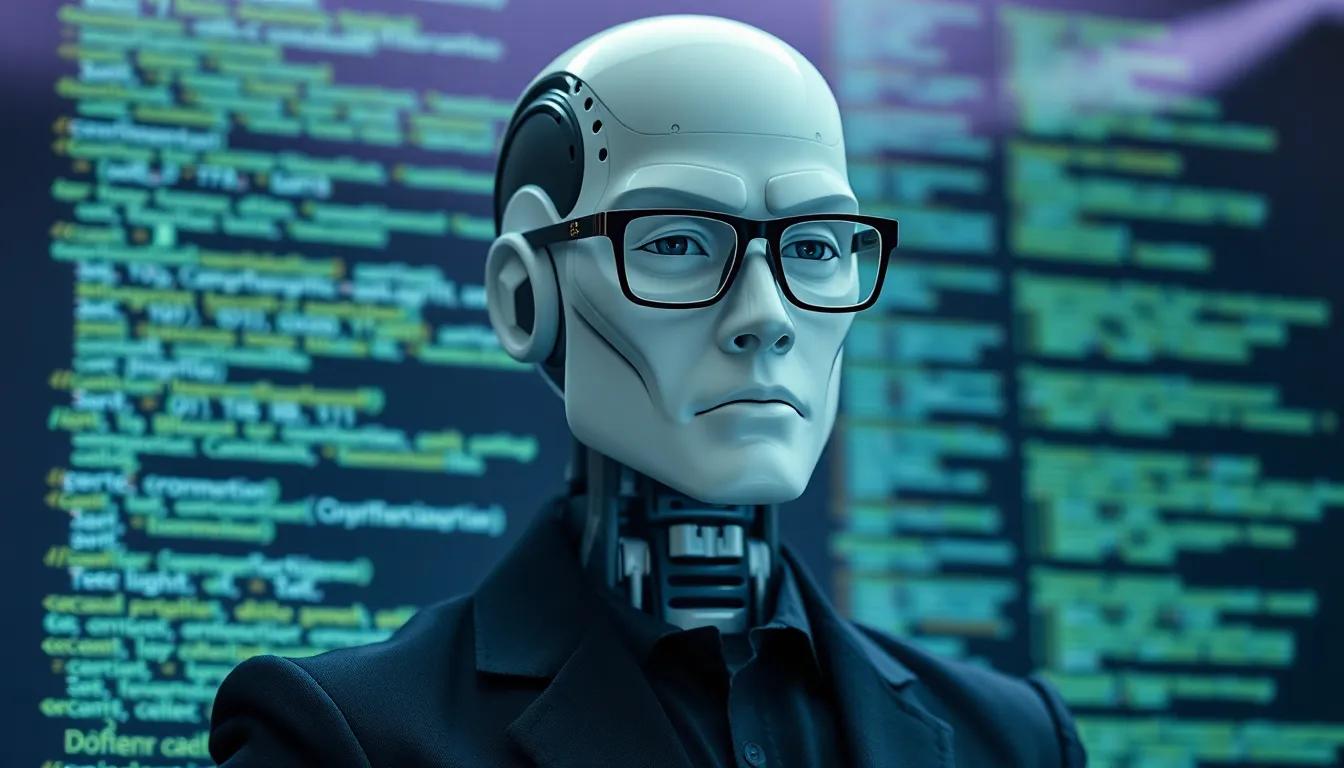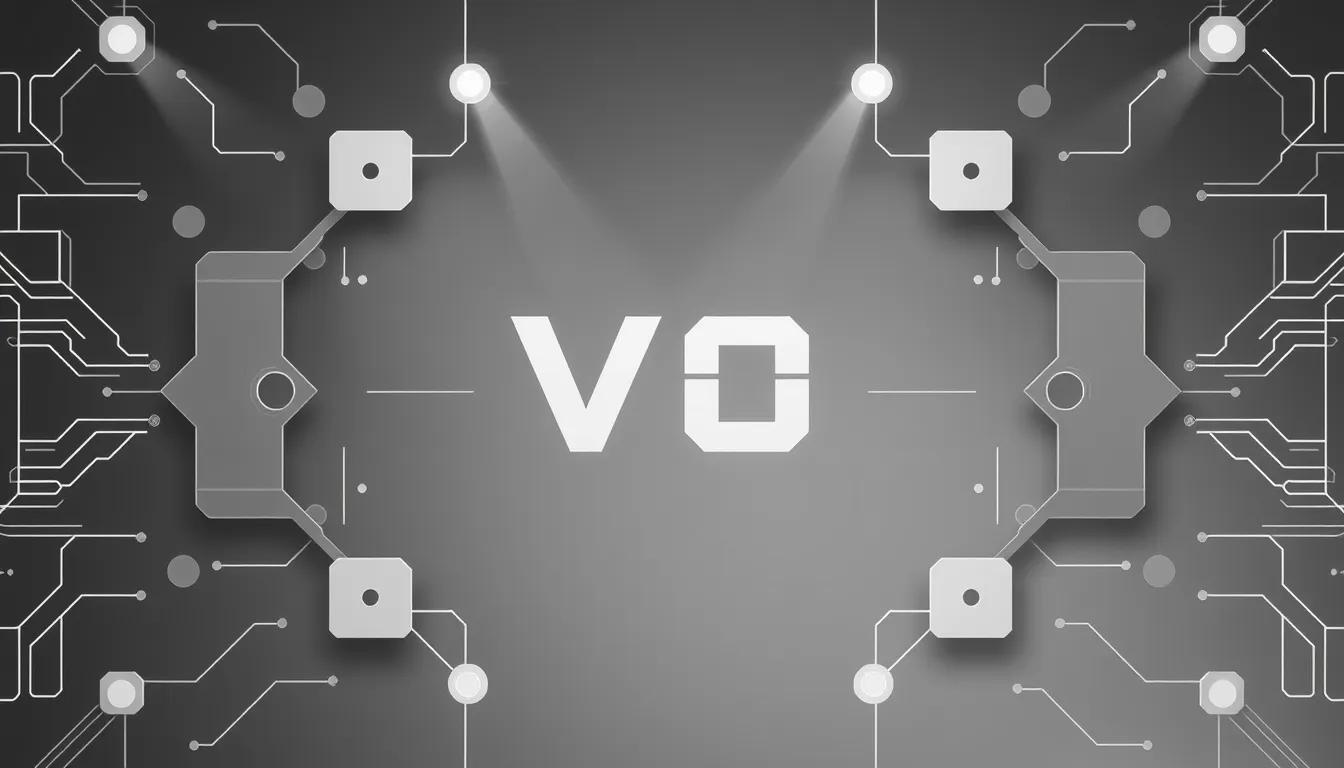May 29, 2024|5 min reading
The Rise of AI in Industry: Transforming Manufacturing and Beyond

Artificial Intelligence (AI) is no longer a futuristic concept but a present-day reality that's rapidly transforming industries. Industrial AI focuses on applying intelligent algorithms and machine learning to address industrial challenges, enhance productivity, and optimize processes. This blog explores the numerous applications, challenges, and future prospects of AI in industry.
Applications of AI in Industry
Market & Trend Analysis
AI algorithms can analyze vast amounts of data to identify market trends and consumer preferences. This helps companies stay ahead of the competition by predicting market demands and tailoring their products accordingly.
Machinery & Equipment
Predictive maintenance powered by AI minimizes equipment downtime and reduces maintenance costs. By analyzing sensor data, AI can predict potential failures and schedule maintenance proactively.
Intralogistics
AI improves intralogistics by optimizing warehouse operations and supply chain management. Automated guided vehicles (AGVs) and AI-driven robots enhance the efficiency of material handling and inventory management.
Production Process
AI enhances production processes through quality control and process optimization. Machine learning models analyze production data to detect defects and improve manufacturing efficiency.
Supply Chain
AI optimizes supply chains by predicting demand, managing inventory levels, and improving logistics. This results in reduced operational costs and improved delivery times.
Building Management
Smart buildings equipped with AI can optimize energy usage, enhance security, and improve occupant comfort. AI systems monitor and control building operations, leading to significant cost savings.
Product Development
AI accelerates product development by simulating and optimizing designs. Machine learning models can analyze design parameters to produce innovative solutions and improve product performance.
Challenges of Implementing AI in Industry
Process and Industry Characteristics
The industrial sector is traditionally conservative in adopting new technologies due to high reliability requirements and potential economic risks. Integrating AI into existing processes demands substantial changes and investments, which can be a barrier for many companies.
Data Characteristics
Industrial data is often noisy, heterogeneous, and incomplete. Ensuring high-quality data for AI applications is challenging due to inconsistencies in data acquisition and integration. Additionally, production data is dynamic, subject to various forms of drift due to equipment wear and environmental changes.
Machine Learning Model Characteristics
Machine learning models are often considered black-box systems, which can be a hurdle for their acceptance in industry. The lack of transparency and the stochastic nature of these models make it difficult to guarantee their functional correctness and reliability. High development and maintenance costs further complicate their deployment.
Overcoming Challenges: Standard Processes for Data Science in Production
To effectively develop and deploy AI applications in industry, structured methodologies such as the Machine Learning Pipeline in Production have been developed. Inspired by CRISP-DM, this domain-specific process model addresses core challenges by focusing on use-case assessment, data integration, preprocessing, and the deployment and certification of AI applications.
Industrial Data Sources
The foundation of AI applications in industry lies in comprehensive datasets. Unlike domains like computer vision or speech recognition, industrial AI faces the challenge of data availability due to high confidentiality and specificity. Publicly available datasets are scarce, often originating from governmental agencies or academic institutions. Data sharing platforms, although limited in industrial focus, also contribute valuable datasets.
Future Prospects of AI in Industry
The future of AI in industry looks promising, with ongoing advancements in sensor technology, computational power, and data connectivity. As AI continues to evolve, its applications will become more sophisticated, driving further improvements in productivity, cost-efficiency, and innovation. The integration of AI with other emerging technologies such as the Internet of Things (IoT) and cyber-physical systems will pave the way for smart factories and highly automated production environments.
Conclusion
Artificial intelligence is revolutionizing industry by providing innovative solutions to complex challenges. From predictive maintenance to smart supply chains, AI enhances productivity, reduces costs, and drives efficiency. Despite the challenges, the benefits of AI in industry are undeniable, and its future prospects are exciting. As industries continue to embrace AI, we can expect significant advancements that will reshape the industrial landscape.
Explore more

Unleashing the Power of Build with Claude: How Claude 3.5 Sonnet Revolutionizes Computer Interaction
Discover the potential of Claude 3.5 Sonnet's desktop automation and computer use tools for enhanced productivity.

Create a PowerPoint Presentation from Text with Aidoc Maker: Simplify Your Presentation Process
Simplify PowerPoint creation! Learn how Aidoc Maker turns text into professional presentations with customizable designs...

Revolutionize Your Frontend Development with V0: The AI-Powered Tool for Generating Tailwind CSS Components
Revolutionize frontend development with V0, an AI tool that generates reusable Tailwind CSS components, speeding up your...
